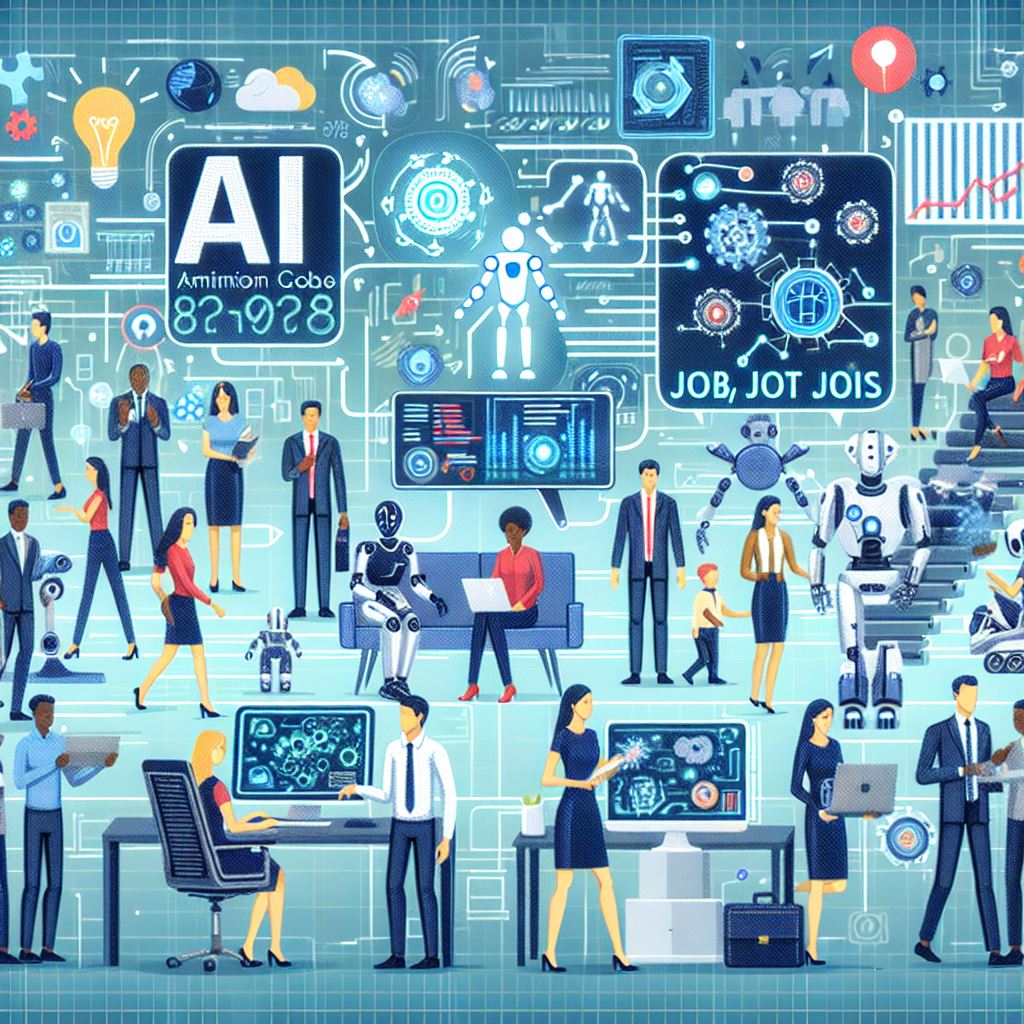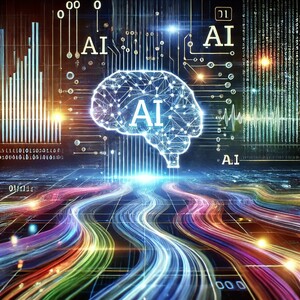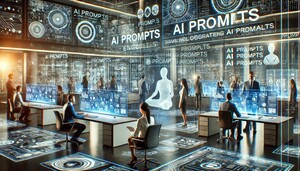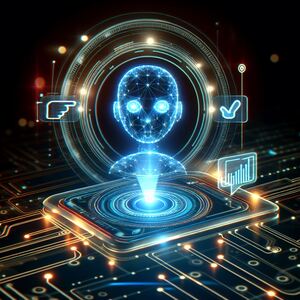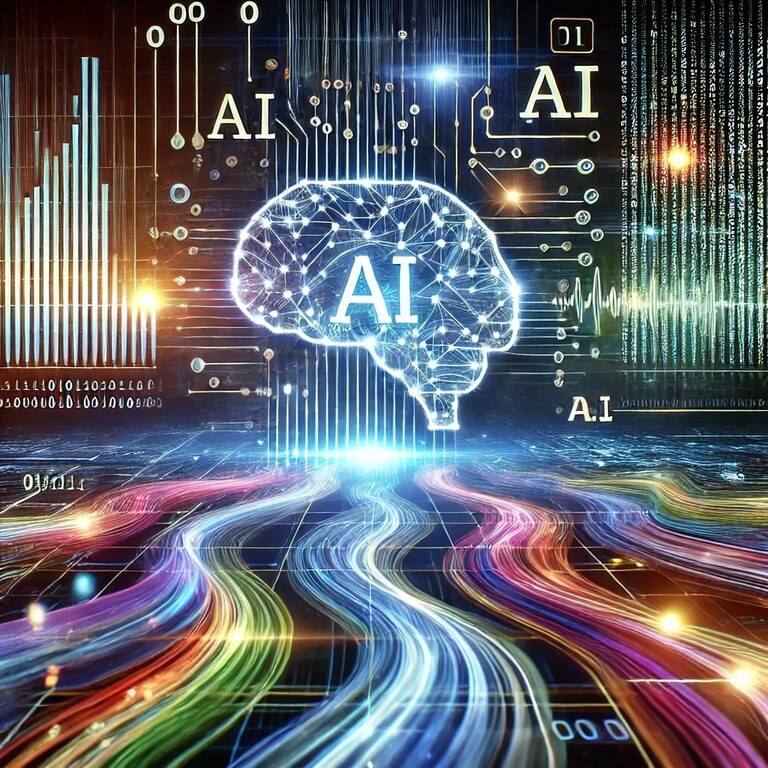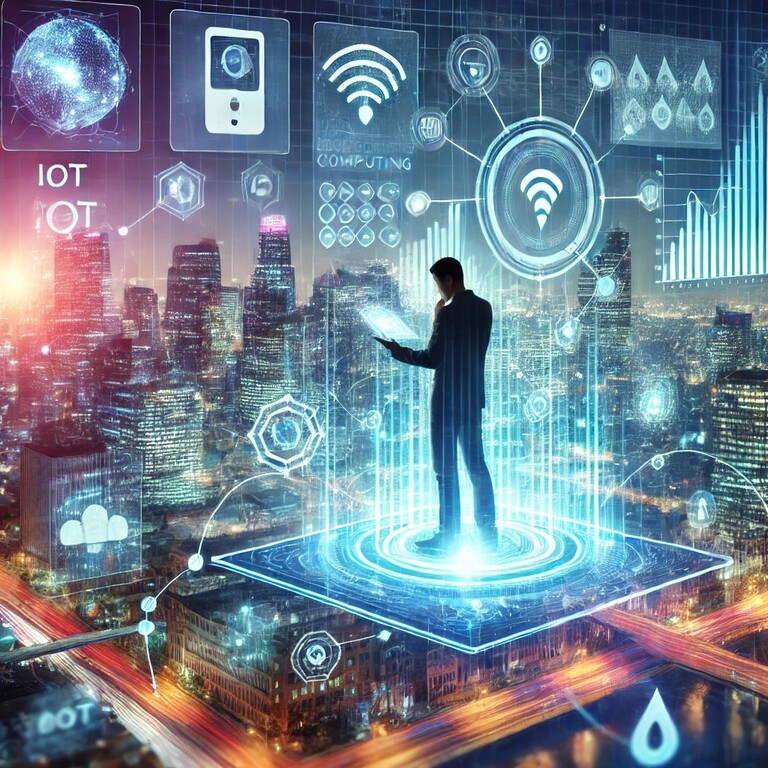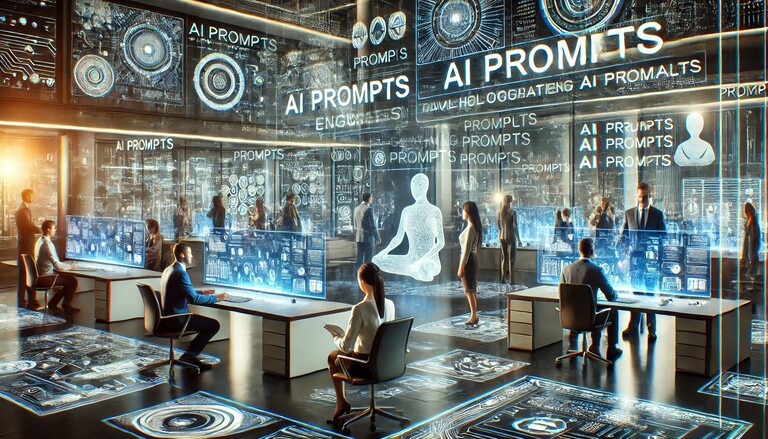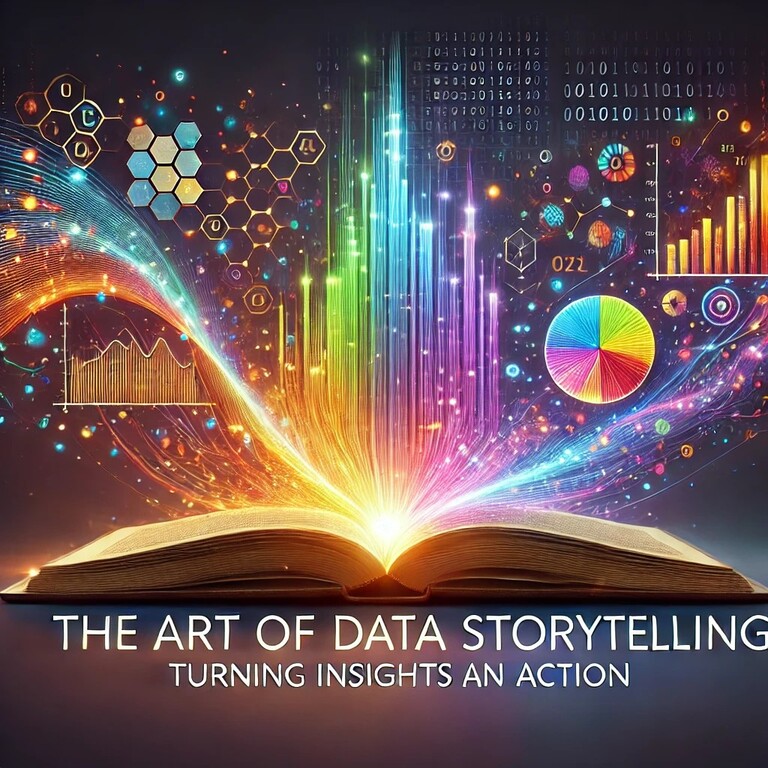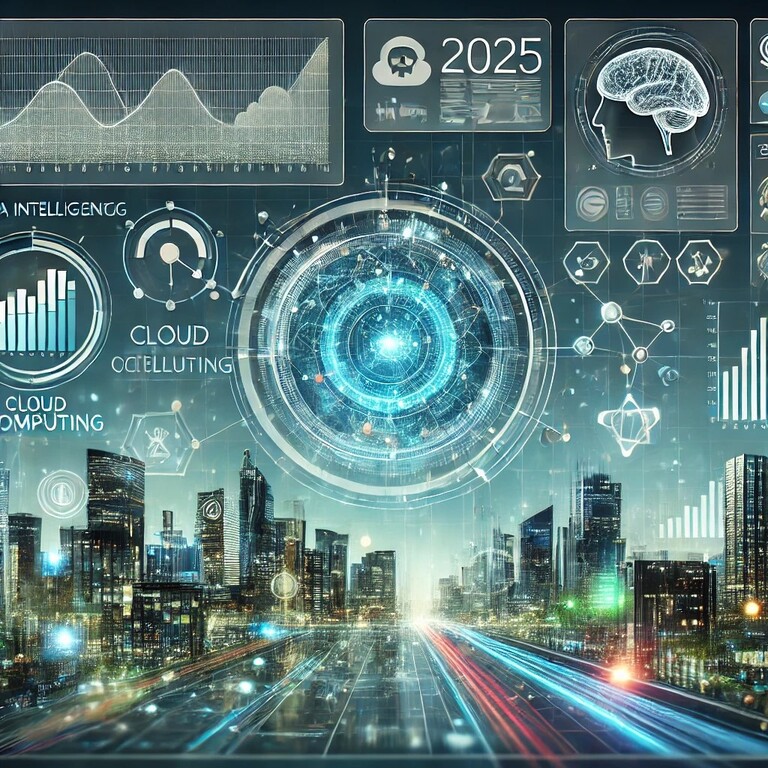Artificial Intelligence (AI) is rapidly transforming industries across the globe, reshaping how businesses operate and, inevitably, how the job market functions. From automation in manufacturing to AI-driven customer service, this revolution is disrupting traditional job roles and creating new opportunities. But what does the rise of AI mean for workers? In this blog, we’ll explore the threats AI poses to the job market, how workers and businesses can adapt, and the exciting opportunities that lie ahead.
The Threats: Job Displacement and Automation
One of the most significant concerns surrounding AI’s impact on the job market is the potential for widespread job displacement. AI systems and automation technologies are increasingly capable of performing tasks that were once the domain of human workers. For instance:
- Manufacturing and Warehousing: Robots and AI-powered systems are automating tasks such as assembly line work and inventory management, which were previously labor-intensive.
- Customer Service: AI-powered chatbots and virtual assistants are handling customer inquiries, reducing the need for human representatives.
- Transportation and Logistics: Autonomous vehicles are expected to replace truck drivers, while AI systems streamline supply chains.
As AI becomes more sophisticated, jobs that involve routine, manual, or repetitive tasks are at greater risk of being automated. This can lead to significant job losses in certain sectors, particularly for workers without the skills to transition into new roles.
Adaptations: Upskilling and Reskilling for the Future
While AI poses a threat to many jobs, it also offers a pathway to new roles and opportunities—if workers can adapt. To thrive in the age of AI, workers will need to focus on upskilling and reskilling to develop skills that are complementary to AI technologies.
- Embrace Lifelong Learning: The job market is evolving, and skills that are in demand today may not be in demand tomorrow. Workers must be prepared to continue learning and updating their skills throughout their careers. Fields like data science, AI development, cybersecurity, and digital marketing are expected to grow, and workers can seize these opportunities by learning through online courses, certifications, and degree programs.
- Focus on Soft Skills: While AI can handle tasks that involve logic and repetition, it still struggles with emotional intelligence, creativity, and complex problem-solving. Workers who can develop soft skills, such as leadership, communication, empathy, and critical thinking, will remain valuable in an AI-enhanced workplace. These skills are essential for roles that involve strategy, customer interaction, and innovation.
- Human-AI Collaboration: Instead of fearing AI as a competitor, workers should view it as a tool to augment their capabilities. AI is not about replacing people but about working alongside humans to increase productivity and creativity. Workers should seek ways to incorporate AI into their daily tasks, whether it’s using AI for decision-making, data analysis, or automating mundane aspects of their work.
Opportunities: The AI-Powered Job Market
While AI disrupts traditional job roles, it also creates new opportunities and industries. Here are some exciting areas where AI is opening doors for workers:
- AI and Machine Learning Development: The demand for AI experts is skyrocketing. Software engineers, data scientists, and machine learning specialists are needed to build, optimize, and maintain AI systems. Companies in every sector—from healthcare to finance—are looking for skilled professionals to harness the power of AI.
- AI Ethics and Regulation: As AI continues to evolve, there will be an increasing need for professionals who specialize in the ethical implications and regulation of AI. Roles in AI ethics will involve developing guidelines for how AI is used, ensuring that these technologies are used responsibly, and protecting privacy and data security.
- AI-Enhanced Healthcare: AI is revolutionizing healthcare by improving diagnostics, personalizing treatments, and streamlining administrative tasks. There is a growing need for healthcare professionals who understand how to leverage AI in patient care, medical research, and health data management.
- Creative Industries: AI is also making waves in creative fields. For example, AI-driven design tools are assisting graphic designers, while AI algorithms are helping musicians compose music or filmmakers generate realistic visual effects. The combination of AI and creativity will result in new hybrid roles for people with a creative flair and technical know-how.
- AI in Sustainability: As concerns about climate change rise, AI is being used to develop solutions for sustainability. From optimizing energy use in smart homes to improving supply chain logistics to reduce waste, AI has the potential to significantly impact the green economy, creating jobs in environmental technology and innovation.
How Businesses Can Adapt to the AI-Driven Future
For businesses, integrating AI into their operations requires careful consideration of both the opportunities and challenges AI presents. Here are some key strategies businesses can use to adapt:
- Invest in Employee Development: As AI reshapes the workforce, businesses must invest in upskilling and reskilling their employees. Providing ongoing training and creating opportunities for workers to adapt to new technologies will help organizations remain competitive while also retaining their talent.
- Foster a Collaborative Work Environment: AI is not just about replacing workers; it’s about working together with AI to create better products and services. Businesses should foster a culture of collaboration, where employees are encouraged to leverage AI tools to enhance their productivity.
- Focus on Innovation: As AI unlocks new possibilities, businesses should focus on using AI to drive innovation. This could involve adopting AI for market research, predictive analytics, or product development. Companies that embrace AI as a partner will have a competitive edge in the marketplace.
Conclusion: Embracing AI’s Potential for Growth
The rise of AI in the job market is inevitable, and its impact is already being felt across industries. While there are threats—particularly in terms of job displacement—the opportunities are vast for those who are willing to adapt and evolve. By upskilling, embracing human-AI collaboration, and focusing on soft skills, workers can position themselves for success in the future job market.
For businesses, integrating AI requires careful planning and investment in their workforce to ensure that employees are equipped with the skills necessary for the changing landscape. Ultimately, the future of work is not about humans versus machines, but about humans working alongside machines to create innovative solutions and achieve greater productivity. AI, when harnessed effectively, can be a powerful tool for growth, both for individuals and organizations alike.
Key Takeaways:
- Threats: AI can lead to job displacement, particularly in industries relying on routine tasks.
- Adaptations: Upskilling, reskilling, and focusing on soft skills will be essential to staying competitive.
- Opportunities: AI opens doors to new careers in AI development, healthcare, sustainability, and more.
- Business Strategy: Organizations should invest in workforce development and foster collaboration with AI for innovation.
Embrace the future with AI as a partner, not a threat, and unlock the full potential of what this technological revolution can offer!

